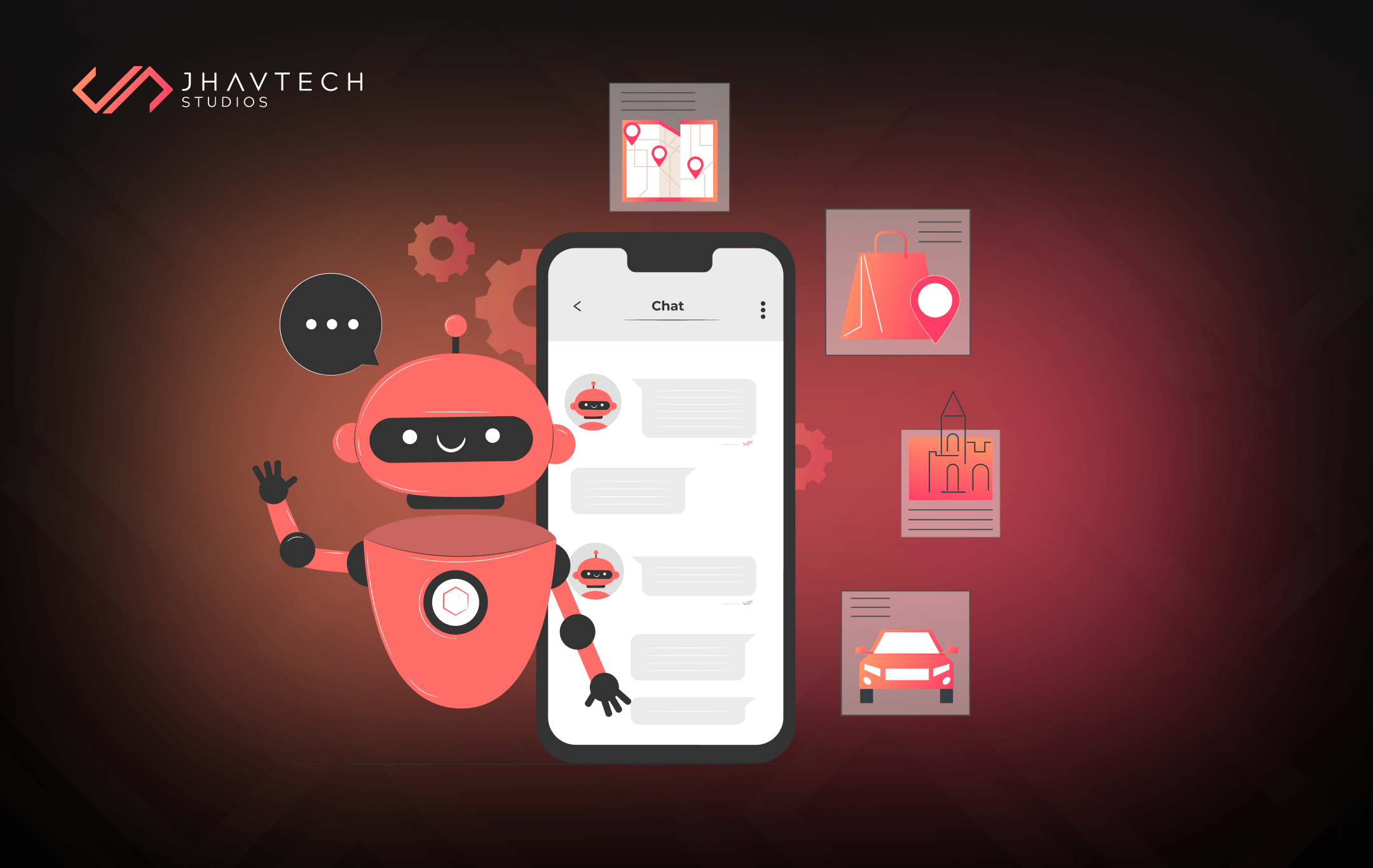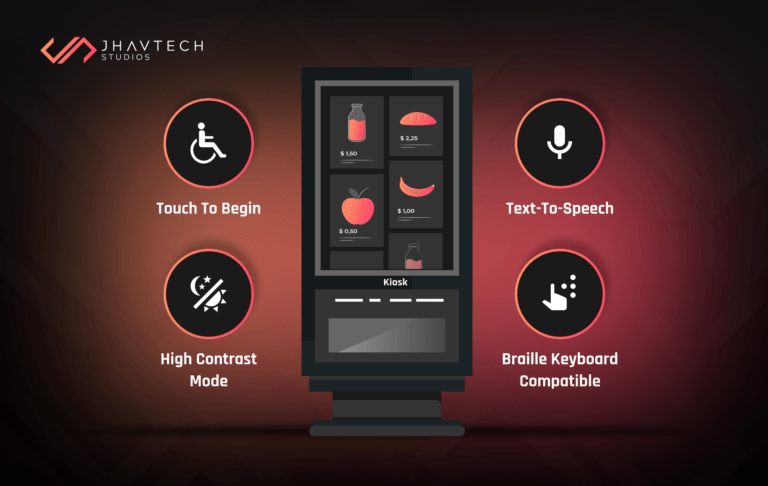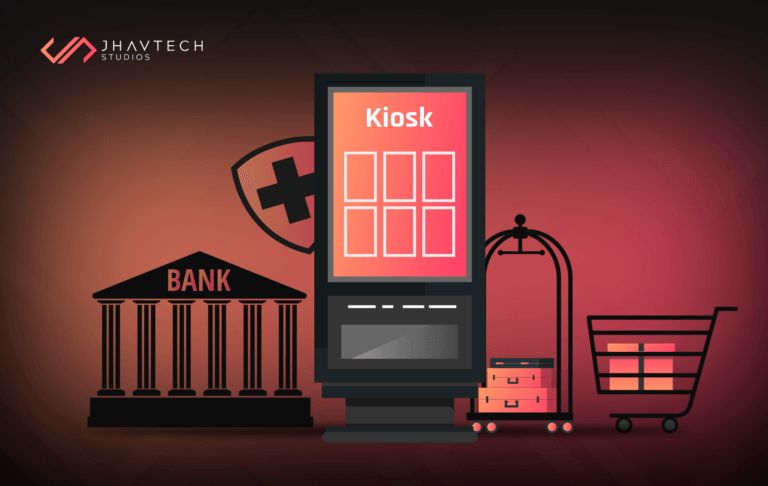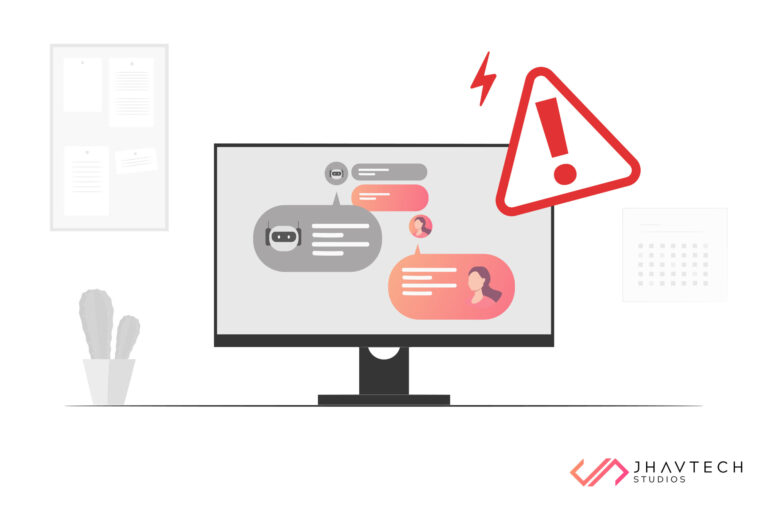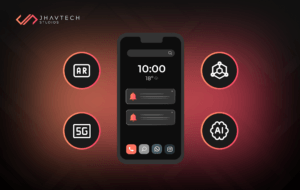Artificial Intelligence (AI) and Machine Learning (ML) are transforming mobile apps, enabling smarter, more personalised user experiences. From predictive analytics to AI-powered chatbots, businesses are leveraging these technologies to enhance functionality and engagement.
But how exactly are AI and ML shaping mobile applications? More importantly, how can businesses in Sydney, Melbourne, and Brisbane benefit from AI-driven mobile app development? Let’s explore the impact of AI and ML in mobile apps and how companies can stay ahead by integrating these cutting-edge technologies.
1. Personalisation and Predictive Analytics
AI-driven mobile apps analyse user behavior to deliver tailored recommendations. This helps businesses improve engagement and drive more conversions.
For instance, Netflix and Spotify use AI to suggest content based on watching and listening history. Similarly, eCommerce apps like Amazon leverage AI-powered recommendations to increase sales. Studies show that personalised recommendations account for 35% of Amazon’s total sales, highlighting AI’s effectiveness in customer engagement.
AI also powers predictive data analytics, enabling businesses to anticipate customer needs. Mobile banking apps, for example, analyse spending patterns to offer financial insights and budgeting tips. AI can detect financial habits and suggest automated savings plans, helping users make smarter financial decisions. This level of personalisation boosts user engagement and retention.
Additionally, AI-driven personalisation extends to marketing automation. AI-powered mobile apps can analyse user behavior to send personalised notifications, promotions, and offers at the optimal time, increasing engagement rates by 30-50%. This ability to predict user behavior and deliver relevant content makes AI an indispensable tool for modern mobile applications.
If you’re considering AI integration for your mobile app, check out our custom AI-powered mobile app solutions.
2. AI-Powered Chatbots and Virtual Assistants
AI chatbots are redefining customer service by providing instant, automated responses. Banking apps like Bank of America’s Erica and Amazon Alexa are perfect examples of AI-driven virtual assistants streamlining customer interactions.
For startups in Melbourne looking to enhance user experience, AI-powered chatbots can be a game-changer. Research indicates that 80% of customer interactions will be handled by AI chatbots by 2025, reducing response time and improving efficiency.
By automating responses and learning from interactions, AI chatbots ensure seamless customer support, making them essential for businesses aiming to scale their customer service operations. AI chatbots can also handle multiple languages, broadening the reach of businesses in global markets. Furthermore, AI can analyse customer sentiment through natural language processing (NLP), providing deeper insights into user satisfaction and areas for improvement.
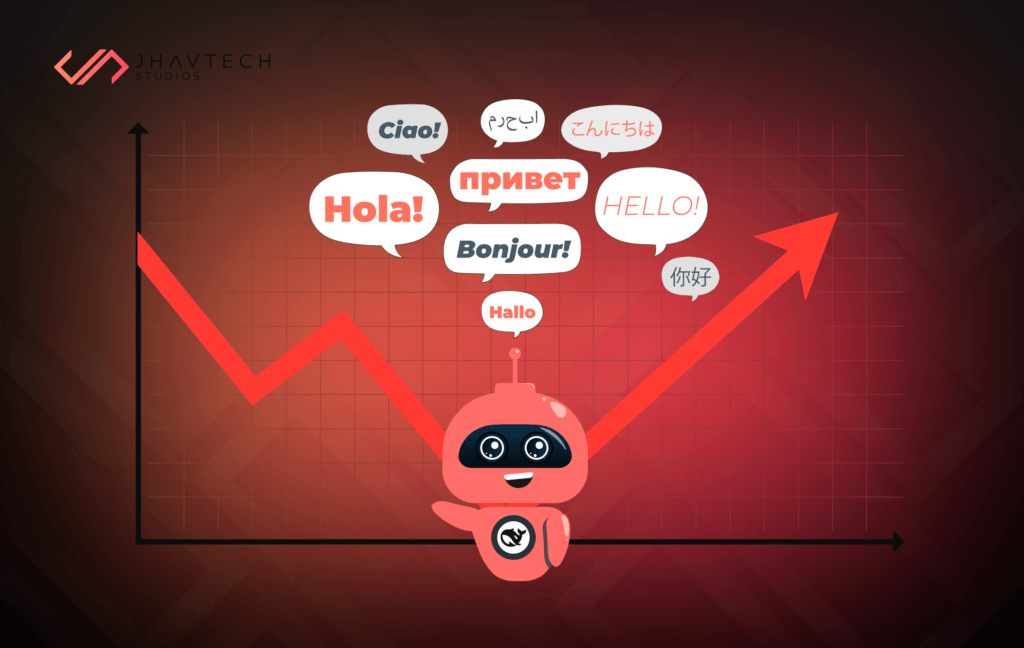
3. Image and Speech Recognition
AI has significantly improved image and speech recognition capabilities, making apps more intuitive and accessible. Google Lens, for example, allows users to search using images instead of text, while Apple’s Face ID enhances security with facial recognition.
Voice recognition technology is also advancing rapidly. According to a 2023 report by Statista, the global voice recognition market is expected to reach $27.16 billion by 2026, driven by its integration into mobile apps, smart assistants, and security systems.
For businesses in Brisbane, integrating AI-powered image and voice recognition can improve security and user convenience, particularly in banking, healthcare, and retail apps. AI-powered voice search is also revolutionising eCommerce, allowing users to search and shop hands-free, improving accessibility and user experience.
AI-based text-to-speech (TTS) technology is making apps more inclusive, helping visually impaired users navigate mobile applications with ease. Speech-to-text features in messaging apps, virtual assistants, and transcription services are also transforming how users interact with mobile devices.
4. AI in Healthcare and Fitness Apps
The healthcare and fitness industries are leveraging AI for real-time health monitoring, diagnostics, and predictive analytics. Apps like Fitbit use AI to track user activity and provide personalised fitness recommendations.
AI in mobile health apps is also driving telemedicine growth. AI-powered diagnostic tools, like those in the Babylon Health app, analyse symptoms and provide preliminary health assessments, reducing the need for in-person visits.
AI-driven mobile apps are also helping with mental health support. Apps like Woebot use AI to provide cognitive behavioral therapy (CBT) and mental wellness support through chatbot interactions. AI-powered mobile health apps can assist users in tracking emotional states, stress levels, and sleep patterns, providing valuable insights for improving overall well-being.
If you’re planning to develop a health-tech mobile app, integrating AI can revolutionise patient engagement and enhance remote health monitoring. Explore how our mobile app development services can help.
5. Fraud Detection and Cybersecurity
With cyber threats on the rise, AI plays a crucial role in fraud detection and cybersecurity. PayPal and major banking apps use AI-driven systems to detect suspicious transactions in real time, preventing fraud before it happens.
AI-driven security solutions analyse vast amounts of data to identify patterns of fraudulent behavior. A report by Juniper Research predicts that AI-based fraud prevention will save banks $10 billion annually by 2027.
AI-powered authentication methods, such as biometric recognition and multi-factor authentication, are enhancing security in mobile apps. AI can also detect phishing attempts and malware threats, offering real-time protection against cyberattacks. For businesses handling secure transactions, AI-powered fraud detection enhances user trust and financial security.
Our team at Jhavtech Studios specialises in integrating AI security solutions into mobile apps.

6. AI in eCommerce and Retail Apps
Retail and eCommerce apps are leveraging AI for:



For instance, Amazon and Shopify use AI-powered chatbots and smart assistants to enhance user experience and boost sales. An AI-driven recommendation engine can increase conversion rates by up to 30%, making it an essential tool for online retailers.
AI is also revolutionising inventory management and supply chain logistics. Machine Learning models predict demand fluctuations, optimize stock levels, and minimise waste, ensuring efficient operations.
For eCommerce startups in Australia, implementing AI-driven features in your mobile app can increase conversions and improve customer satisfaction. Check out our eCommerce app development solutions.
7. AI in Mobile Gaming
AI is revolutionising the gaming industry by enhancing NPC behavior, real-time personalisation, and immersive experiences.
Example: Games like Red Dead Redemption 2 use AI to create intelligent non-playable characters (NPCs), making gameplay more dynamic and engaging. AI adapts NPC behavior based on player actions, creating a more realistic gaming environment.
AI-driven procedural content generation allows games to create unique levels, quests, and challenges dynamically. This technology powers popular games like Minecraft and No Man’s Sky.
AI is also improving player experience with real-time difficulty adjustments. Machine Learning algorithms assess player performance and modify challenges accordingly, making games more enjoyable for both casual and competitive gamers.
For gaming studios in Sydney, Melbourne, and Brisbane, AI-powered gaming apps offer a competitive edge. Need help integrating AI into your mobile game? Contact us today.
Final Thoughts…
AI and ML are shaping the future of mobile apps by enhancing personalisation, automation, security, and user experience. Businesses that adopt AI-driven mobile solutions will stay ahead in a competitive digital landscape.
The AI-powered mobile app market is expected to grow at a CAGR of 29.2% from 2023 to 2030, reflecting the rapid adoption of AI technologies across industries.
Ready to integrate AI into your mobile app? Let’s build something innovative together!
.svg)
